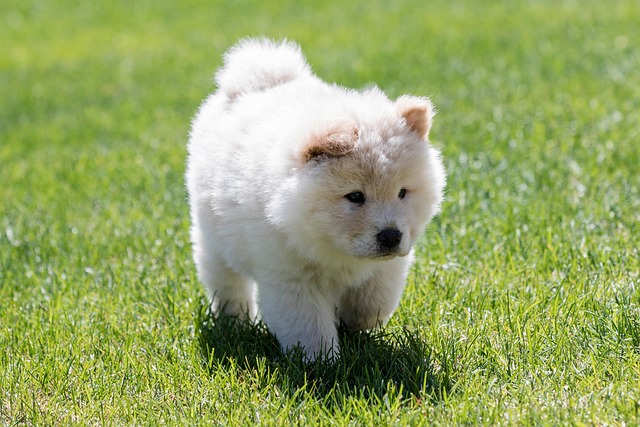
How can I tell if my dog's heatstroke is serious
Let’s be real: It’s a sticky August morning in Los Angeles, and you took your 2-year-old Golden Retriever, Max, for a walk a little later than usual
Chow Chows have a reputation for being independent, but that doesn’t mean they can’t thrive inside a home. Their thick double coats might make you think they need constant outdoor space, but these dogs actually prefer the comfort of a familiar environment. They’re not as hyperactive as some breeds, so a well-structured indoor routine often suits them better than endless yard time.
Living with a Chow Chow indoors means understanding their need for personal space. Unlike Labrador Retrievers that beg for constant attention, Chows tend to pick their moments for affection. A corner with a cozy bed or a sunny windowsill where they can observe the world often keeps them content for hours. This calm demeanor makes them a fit for apartments, as long as their exercise needs are met.
Exercise is key, but Chows don’t require marathon sessions. A daily walk around the neighborhood, combined with some playtime with a chew toy, usually suffices. Their laid-back nature means they’re happy to lounge indoors after burning off energy—just be sure to avoid overexercising them in hot weather, as their thick coats make them prone to overheating.
 When it comes to local laws, always check your city’s regulations. Some areas have breed-specific rules, and while Chows aren’t banned widely, understanding leash laws and public access guidelines is crucial. Many communities also require licensing, which helps ensure responsible ownership. Being a mindful neighbor—keeping barking to a minimum and cleaning up after walks—goes a long way in maintaining good relations.
When it comes to local laws, always check your city’s regulations. Some areas have breed-specific rules, and while Chows aren’t banned widely, understanding leash laws and public access guidelines is crucial. Many communities also require licensing, which helps ensure responsible ownership. Being a mindful neighbor—keeping barking to a minimum and cleaning up after walks—goes a long way in maintaining good relations.
Grooming is another indoor consideration. Their dense fur sheds heavily, especially seasonally, so regular brushing (a few times a week) prevents loose hair from covering furniture. A quick wipe-down with a damp cloth after outdoor trips keeps dirt from tracking inside, making cleanup easier.
Chows form strong bonds with their families but can be wary of strangers. Early socialization—inviting friends over, taking trips to pet-friendly stores—helps them feel more at ease in various situations. This socialization, paired with consistent training, ensures they behave well indoors, whether you’re hosting guests or enjoying a quiet evening.
In the end, Chow Chows make excellent indoor companions for the right owners. They thrive in stable environments where their need for routine and space is respected. With proper care, exercise, and attention to local laws, these loyal dogs fit seamlessly into indoor life, bringing warmth and character to any home.

Let’s be real: It’s a sticky August morning in Los Angeles, and you took your 2-year-old Golden Retriever, Max, for a walk a little later than usual

You're enjoying a summer afternoon at the park when you notice your dog has stopped panting and appears disoriented - their gums are bright red

Let’s paint the picture: You’re in your Denver apartment, watching your 4-year-old Boston Terrier, Ruby, plop down mid-play session with her favorite toy

Many dog owners notice their pets nails seem shorter after regular walks,but how much does this daily activity actually help?The answer depends on where you walk—concrete sidewalks or asphalt streets gently file nails as a dog's paws hit the ground

Most dog owners notice their pup scooting across the carpet at some point, but few connect it to impacted anal glands. These small sacs near a dog’s rectum secrete a scent for marking territory

Most vets agree that regular dog teeth cleaning is key to avoiding painful dental issues later. For healthy adult dogs, a professional cleaning at the vet’s office every 12 to 18 months usually works well.